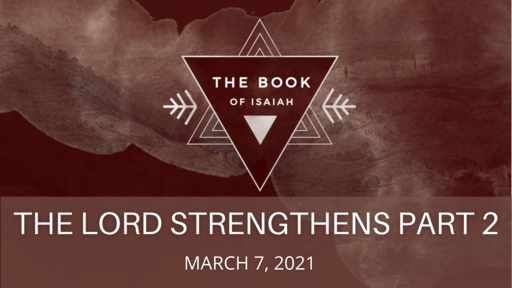13 And many people came together in Jerusalem to keep the Feast of Unleavened Bread in the second month, a very great assembly. 14 They set to work and removed the altars that were in Jerusalem, and all the altars for burning incense they took away and threw into the brook Kidron. 15 And they slaughtered the Passover lamb on the fourteenth day of the second month. And the priests and the Levites were ashamed, so that they consecrated themselves and brought burnt offerings into the house of the Lord. 16 They took their accustomed posts according to the Law of Moses the man of God. The priests threw the blood that they received from the hand of the Levites. 17 For there were many in the assembly who had not consecrated themselves. Therefore the Levites had to slaughter the Passover lamb for everyone who was not clean, to consecrate it to the Lord. 18 For a majority of the people, many of them from Ephraim, Manasseh, Issachar, and Zebulun, had not cleansed themselves, yet they ate the Passover otherwise than as prescribed. For Hezekiah had prayed for them, saying, “May the good Lord pardon everyone 19 who sets his heart to seek God, the Lord, the God of his fathers, even though not according to the sanctuary’s rules of cleanness.” 20 And the Lord heard Hezekiah and healed the people. 21 And the people of Israel who were present at Jerusalem kept the Feast of Unleavened Bread seven days with great gladness, and the Levites and the priests praised the Lord day by day, singing with all their might to the Lord. 22 And Hezekiah spoke encouragingly to all the Levites who showed good skill in the service of the Lord. So they ate the food of the festival for seven days, sacrificing peace offerings and giving thanks to the Lord, the God of their fathers.
23 Then the whole assembly agreed together to keep the feast for another seven days. So they kept it for another seven days with gladness. 24 For Hezekiah king of Judah gave the assembly 1,000 bulls and 7,000 sheep for offerings, and the princes gave the assembly 1,000 bulls and 10,000 sheep. And the priests consecrated themselves in great numbers. 25 The whole assembly of Judah, and the priests and the Levites, and the whole assembly that came out of Israel, and the sojourners who came out of the land of Israel, and the sojourners who lived in Judah, rejoiced. 26 So there was great joy in Jerusalem, for since the time of Solomon the son of David king of Israel there had been nothing like this in Jerusalem. 27 Then the priests and the Levites arose and blessed the people, and their voice was heard, and their prayer came to his holy habitation in heaven.

